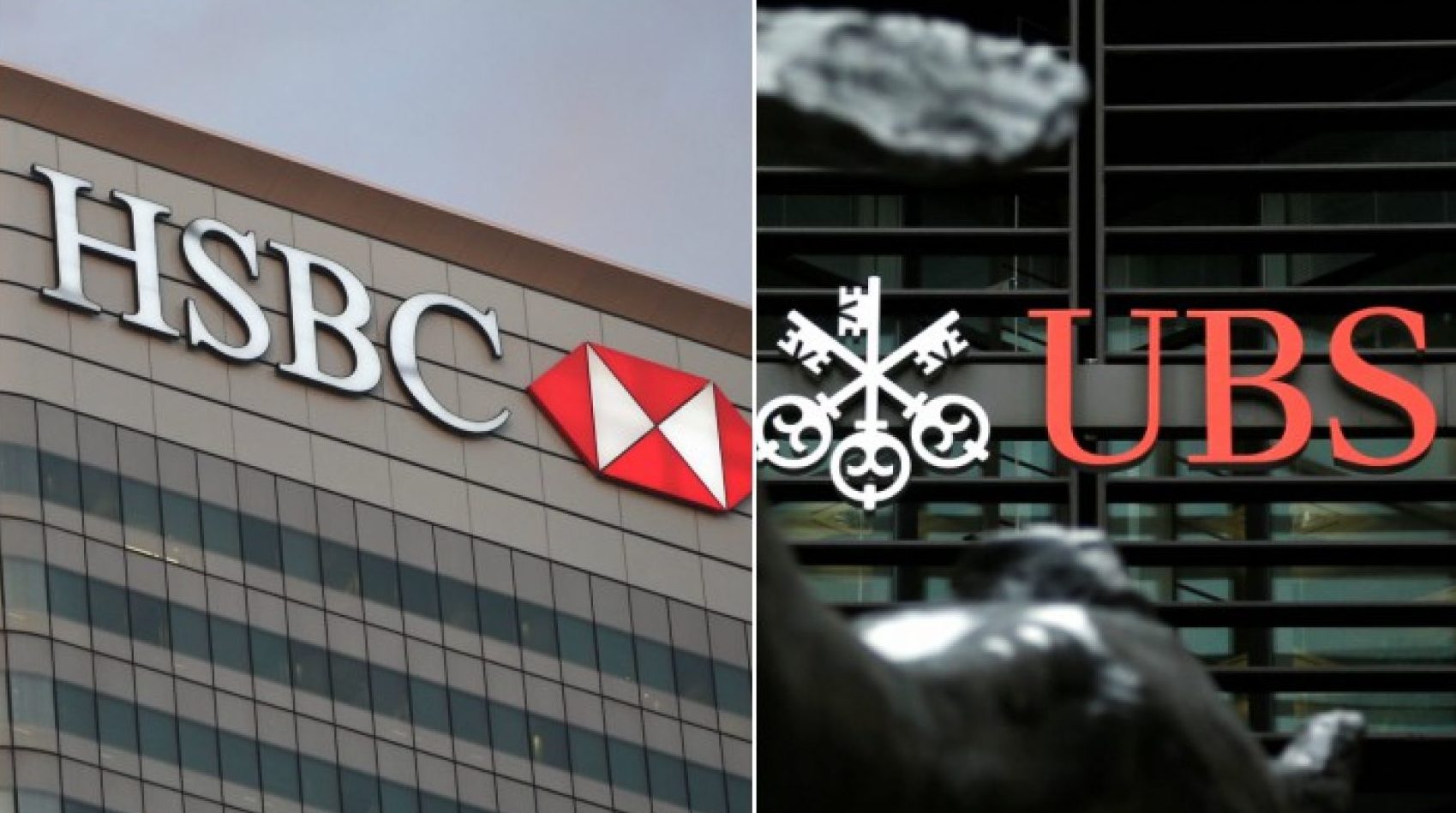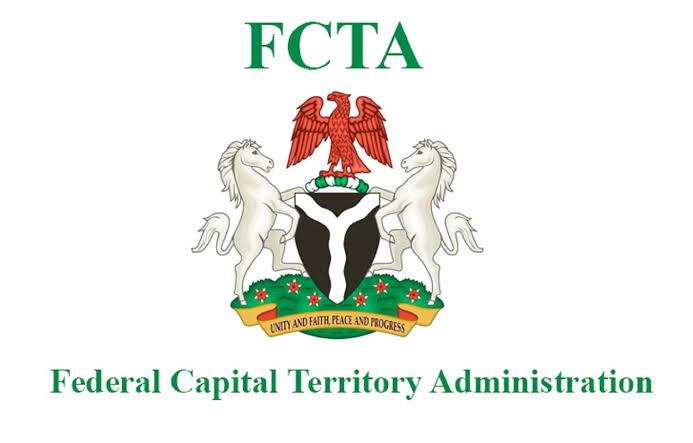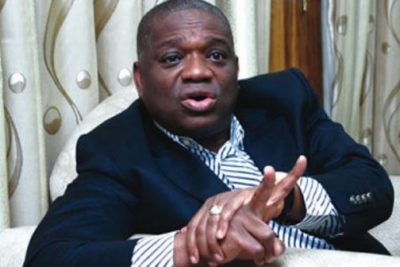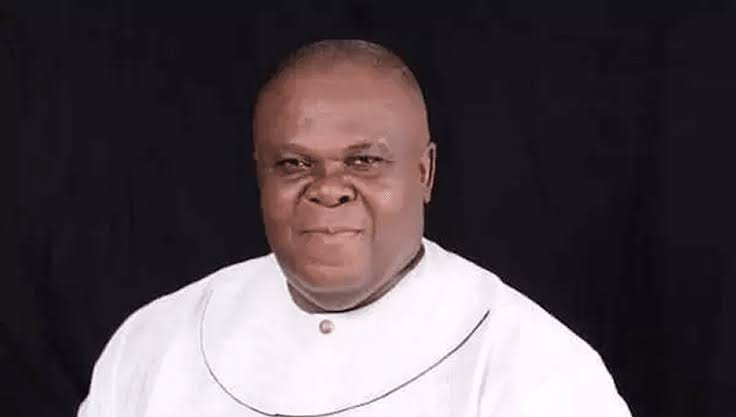When the Central Bank of Nigeria, CBN last week announced that two foreign banks operating in Nigeria, HSBC (Hongkong and Shanghai Banking Corporation) and UBS (Union Bank of Switzerland) have closed their offices in Nigeria no reasons were given for the sudden action of the global financial institutions but speculations were rife that there must have been trouble somewhere.
Although the CBN report, which announced the exit was sketchy, many Nigerians who have been following the conflict between the federal government of Nigeria and HSBC in recent times assumed that the government was no longer comfortable with the operations of the foreign banks in the country after HSBC delivered what appeared to be a damning verdict on the administration of President Muhammadu Buhari.
Last July, a research note published by HSBC degraded the Buhari administration by assessing current realities and making a projection into the Nigerian economy, post 2019 elections should the president contest and win for a second term in office. HSBC predicted in a rather audacious manner, that a second term for Buhari “raises the risk of limited economic progress and further fiscal deterioration, prolonging the stagnation of his first term, particularly if there is no move towards completing reform of the exchange rate system or fiscal adjustments that diversify government revenues away from oil.”
Ahead of the 2019 election, HSBC said Buhari’s approval “ratings sit near all time low.” This, it also said, largely reflects the impact of Nigeria’s painful recession in 2016 -2017. It added that the situation had sustained economic hardship that has accompanied Buhari’s presidency, including rapidly rising joblessness, and poverty. With this tale of woes, HSBC expressed concern that president Buhari will be leading the ruling All Progressives Congress, APC to yet another election in 2019.
Unlike a few other foreign banks operating in Nigeria, HSBC, a multinational banking group, rated as Europe’s largest by total asset, also observed that despite higher oil prices that have brightened Nigeria’s macro economic outlook, boosting export earnings and improving the supply of foreign exchange in addition to supporting naira stability, the Buhari administration has failed to address the nation’s economic shortcomings. It pointed out that economic growth had remained sluggish and reliant on the rebound in oil output while the non-oil sector of the economy which accounts for about 90 per cent of the GDP continues to languish with many service sectors still mired in contraction.
Another notorious fact presented by HSBC in the report that angered the presidency was that “Joblessness continues to rise, up almost three-fold in three years to 19 per cent in Q3 2017, pushing the number in poverty to 87 million. Meanwhile, current account improvements may have pivoted on higher oil prices, but they also derive from on-going import restrictions and limited FX access for many sectors of the economy.”
For a Buhari administration that is believed in some quarters to be averse to accepting constructive criticisms, the HSBC report was a direct attack that it needed to react to. But rather than address the issues or counter the points raised by the financial institution, the government launched its version of attack on HSBC.
READ ALSO: Dollar extends recovery on post-election relief
Apparently angered by the report, Garba Shehu, Senior Special Assistant to the President on Media, declared that HSBC has no moral right to criticise President Buhari or make predictions about his potential second term. He launched a torrent of accusations against the bank, first, of laundering more than $100 million for late Sani Abacha, former military Head of State. That was a contradiction as President Buhari had earlier been quoted as saying the late Abacha never stole the country’s money.
“The Presidency wishes to make clear to all Nigerians, and particularly the global banking giant HSBC which said the second term of President Muhammadu Buhari would stunt the economy, that what killed Nigeria’s economy in the past was the unbridled looting of state resources by leaders, the type which was actively supported by HSBC,” he said in a statement.
Shehu said HSBC soiled its hand with ‘millions of US dollars yet-to-be-recovered Abacha loot’, and continued until a few months ago to shield the stolen funds of one of the leaders of the Nigerian Senate. The presidential spokesman also claimed that “Our investigation agencies believe that HSBC had laundered more than USD 100 million for the late Abacha in Jersey, Paris, London and Geneva.”
Furthermore, Shehu said the bank is also suspected in the laundering of proceeds of corruption involving more than 50 other Nigerians, and that the bank “may also just be out to discredit the president out of the fear of sanctions and fines following the national assets that are stolen.”
However, prior to the HSBC report on the Buhari administration, none of the allegations leveled against the bank was ever made. If they were true such allegations were not in the public domain. Why it took a report on the government for Shehu to make the allegations remain unexplained.
Indeed, not a few people believe that HSBC wouldn’t have escaped the sanctions and fines suggested by the presidential spokesman as a way of getting back at the multinational bank. For many stakeholders in the Nigerian economy, one major concern over the exit of the two foreign banks is the fact that this is coming just a few months after a heavy sanction and other charges were slammed on the Nigerian arm of MTN, South African telecoms giant for posting about $8.1billion out of the country without what the CBN described as final approval.
Two foreign banks operating in Nigeria and a local lender with strong links with MTN were also sanctioned by the federal government for their alleged role in the transfer of the money for MTN. The fear within the business circle is that foreign investors in Nigeria are beginning to feel edgy after the MTN case, which is now a subject of litigation.
While UBS is not known to have had issues with the government like MTN and HSBC, reasons for their exit from Nigeria may not be unconnected with fear of the unknown. However, details still remain sketchy. Whichever way the HSBC and UBS exit from Nigeria is looked at, stakeholders in the economy believe it is a minus for the economy.











